What Are OLAP (Online Analytical Processing) Tools?
Smart Data Collective
JUNE 16, 2022
One of the most valuable tools available is OLAP. This tool can be great for handing SQL queries and other data queries. Every data scientist needs to understand the benefits that this technology offers. Using OLAP Tools Properly. Several or more cubes are used to separate OLAP databases. see more ).

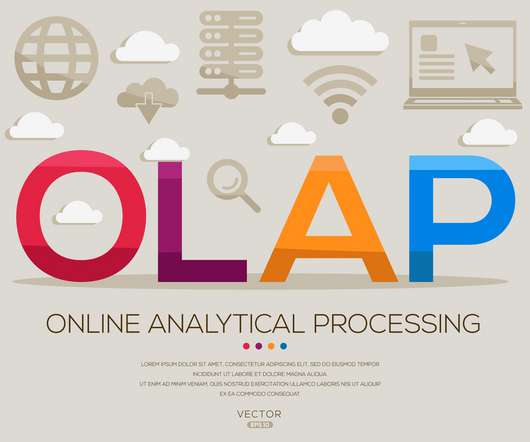
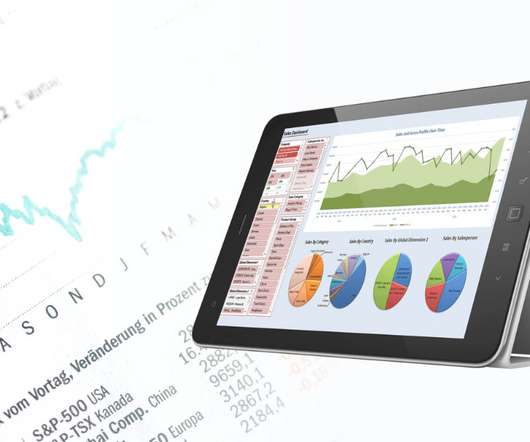


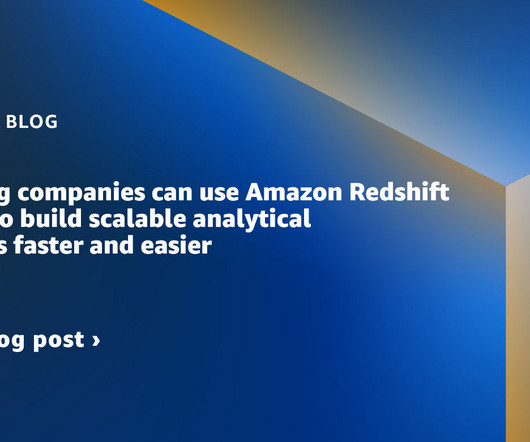



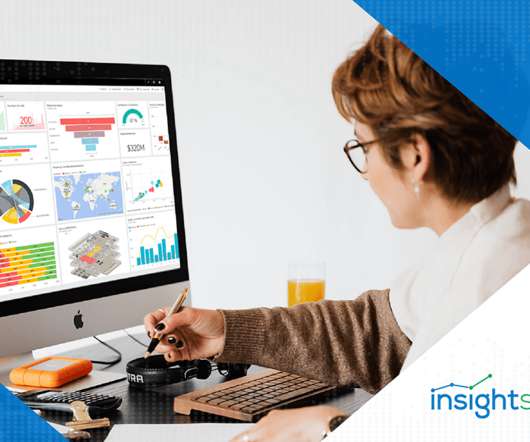

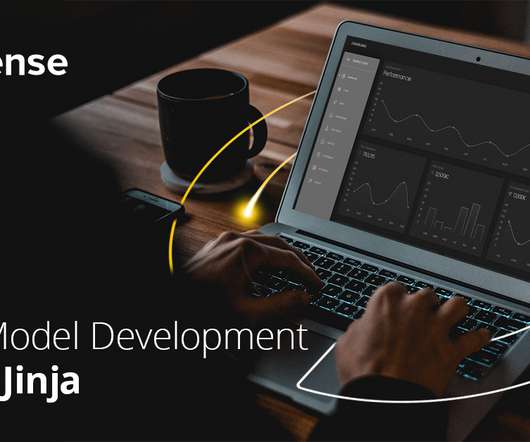
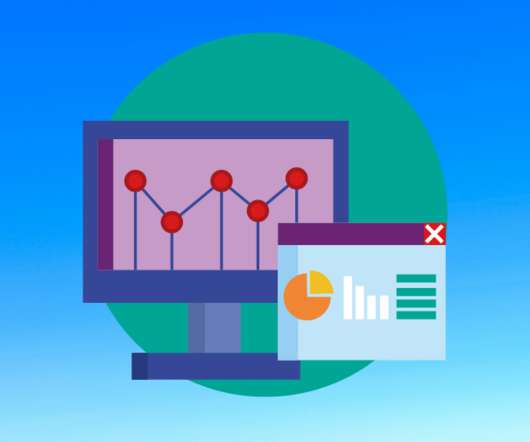
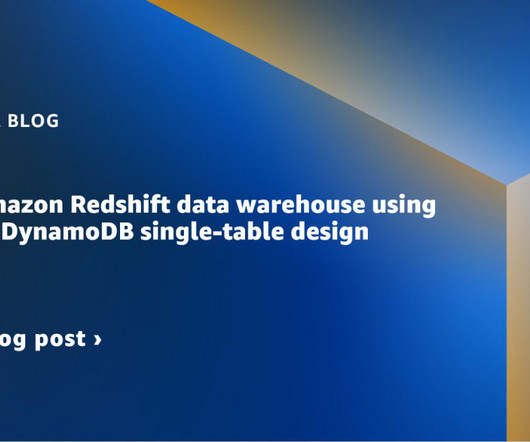










Let's personalize your content